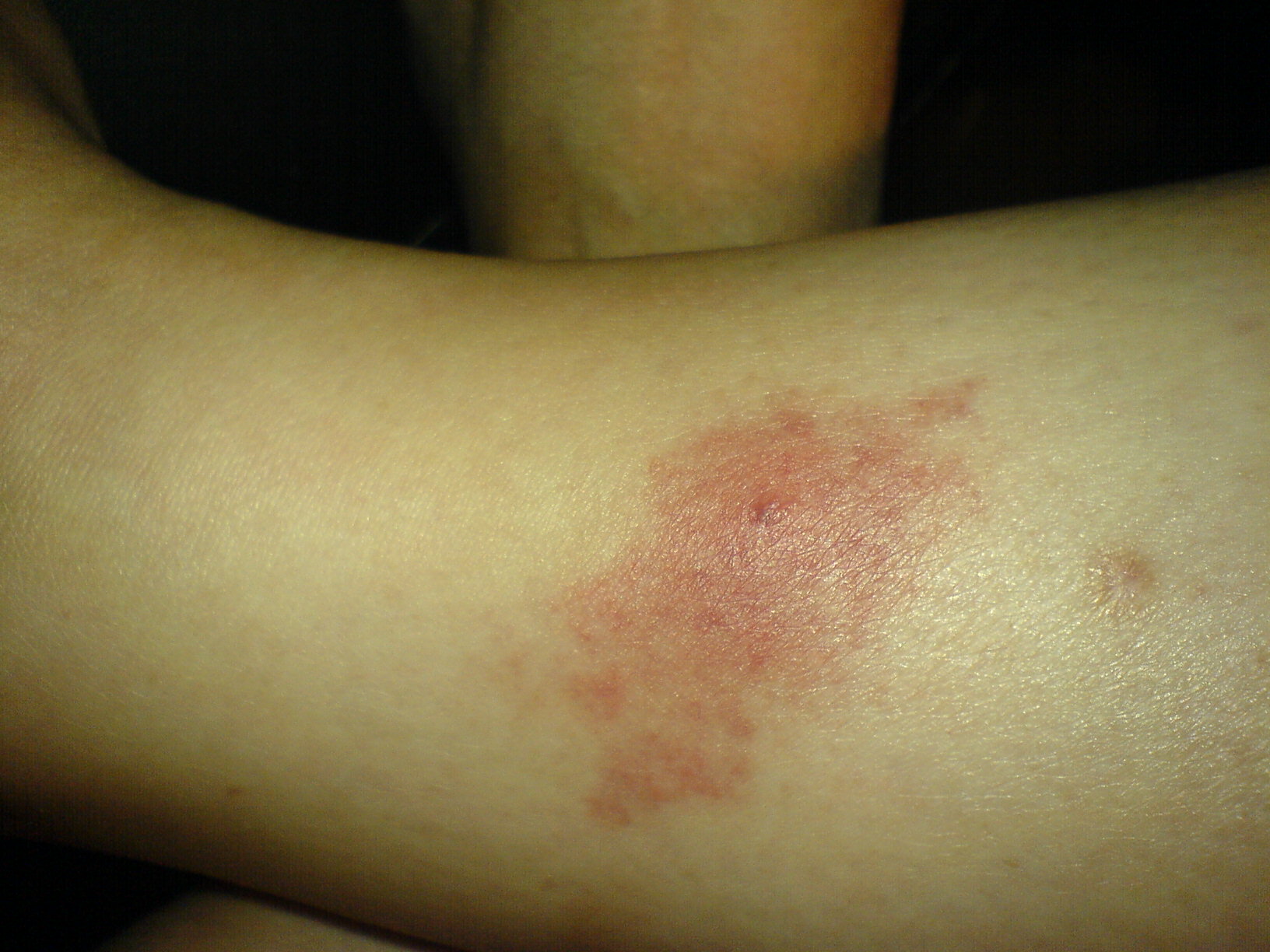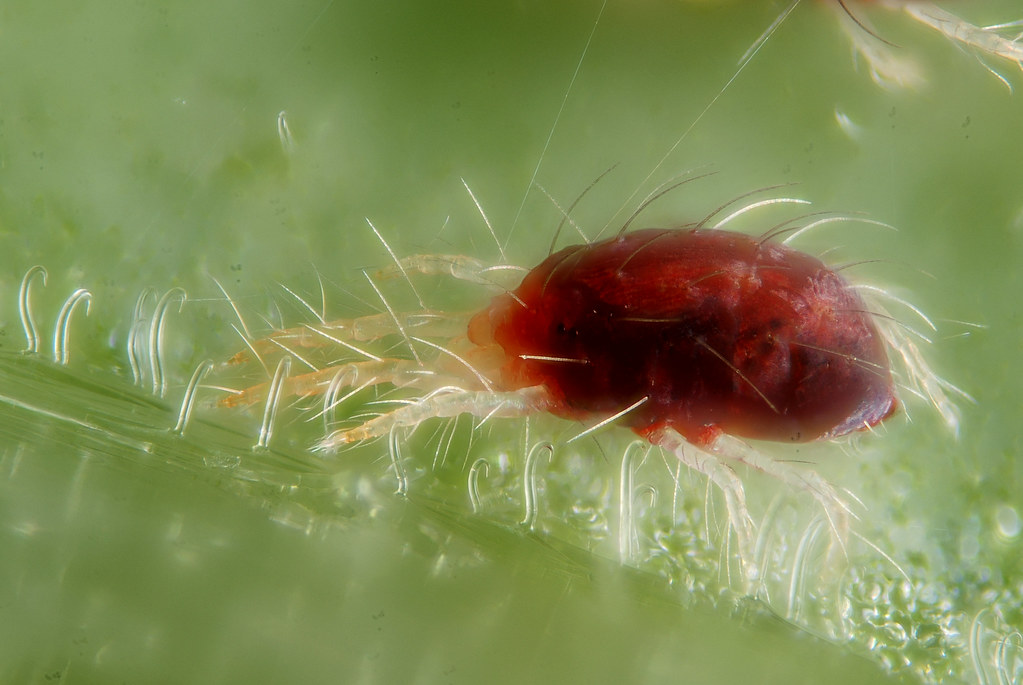Mites can cause significant health problems, especially for people with allergies or weak immune systems. These pests can be found in dust, on pets, in fabrics, and even in food storage areas. But what health issues can mites cause? Let’s explore how mites can impact your well-being and what steps you can take to protect yourself.


Respiratory Issues
One of the most common health problems caused by mites is respiratory issues. Dust mites, in particular, thrive in bedding, upholstery, and carpets, feeding on dead skin cells. Their waste products are allergens, which can trigger allergic reactions in some people. Inhaling these particles can lead to problems such as:- Asthma: People with asthma may find their symptoms worsening due to dust mite exposure.
- Allergic Rhinitis: Commonly called hay fever, it is caused by an allergic response to dust mite allergens. Symptoms may include sneezing, runny nose, and itchy eyes.

Skin Irritations
Mites can also cause skin problems, particularly scabies mites, which dig into the skin and cause intense itching and rashes. Scabies are contagious and can spread in close-contact environments like schools or care homes. Other skin irritations caused by mites include:- Eczema: Dust mites can aggravate existing skin conditions like eczema, leading to inflamed, itchy skin.
- Mite Dermatitis: Some mites, especially bird or rodent mites, can bite humans, causing red, itchy bumps on the skin.
Eye Irritation
Mites can also affect your eyes, leading to conditions such as conjunctivitis. Dust mites and other allergens can irritate the delicate tissues of the eyes, that resulting in redness, itching, and watery eyes. In more severe cases, mite-related allergies can lead to more chronic eye problems, including inflammation.
Food Contamination
Certain types of mites, such as grain mites, can infest stored food products. While they do not cause immediate health risks by themselves, consuming contaminated food can lead to digestive discomfort, including nausea and diarrhoea. Mental Health Impact Chronic health problems caused by mites, such as persistent allergies, skin issues, and respiratory problems, can affect mental well-being. Constant discomfort and the need to manage symptoms can lead to anxiety, stress, and fatigue. Prevention and Protection Preventing health issues caused by mites involves keeping your living environment clean and minimizing contact with areas where mites thrive. Here are some steps you can take:- Regular cleaning: Dust and vacuum frequently to remove dust mites from carpets, upholstery, and bedding.
- Wash bedding: Clean sheets, pillowcases, and blankets in hot water regularly to kill dust mites.
- Use dust-proof covers: Mattress and pillow covers designed to block allergens can help reduce exposure to dust mites.
- Control humidity: Keep humidity levels below 50% to prevent mite populations from thriving.
- Personal hygiene: For scabies prevention, wash clothes and bedding in hot water and avoid direct skin contact with infected individuals.
Various Health Issues Mites Can Cause
| Health Issue | Type of Mite | Symptoms |
| Respiratory Problems | Dust Mites | Asthma, allergic rhinitis, sneezing, coughing |
| Skin Irritations | Scabies, Dust, Bird Mites | Itchy skin, eczema, rashes |
| Eye Irritations | Dust Mites | Redness, itching, watery eyes |
| Food Contamination | Grain Mites | Nausea, diarrhea, allergic reactions |
| Mental Health Impact | Various Mites | Anxiety, stress, fatigue due to chronic issues |



